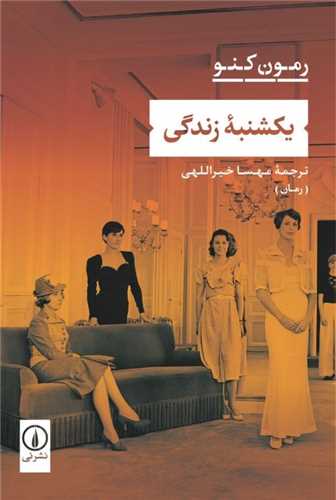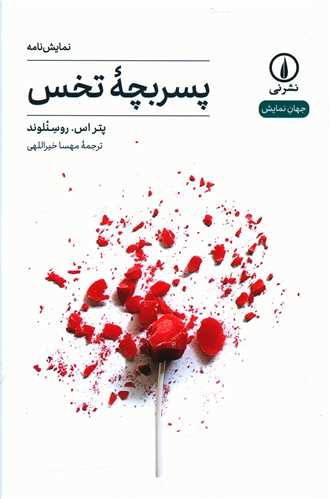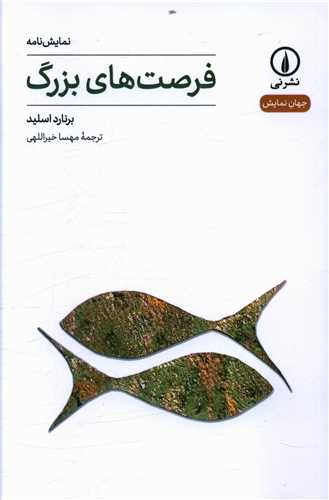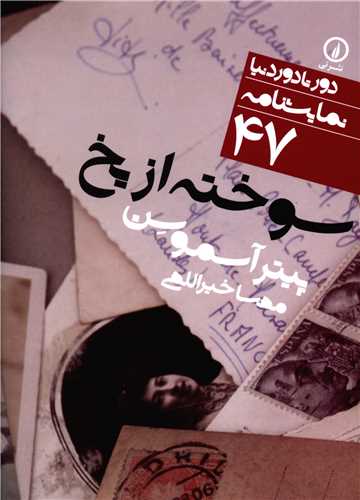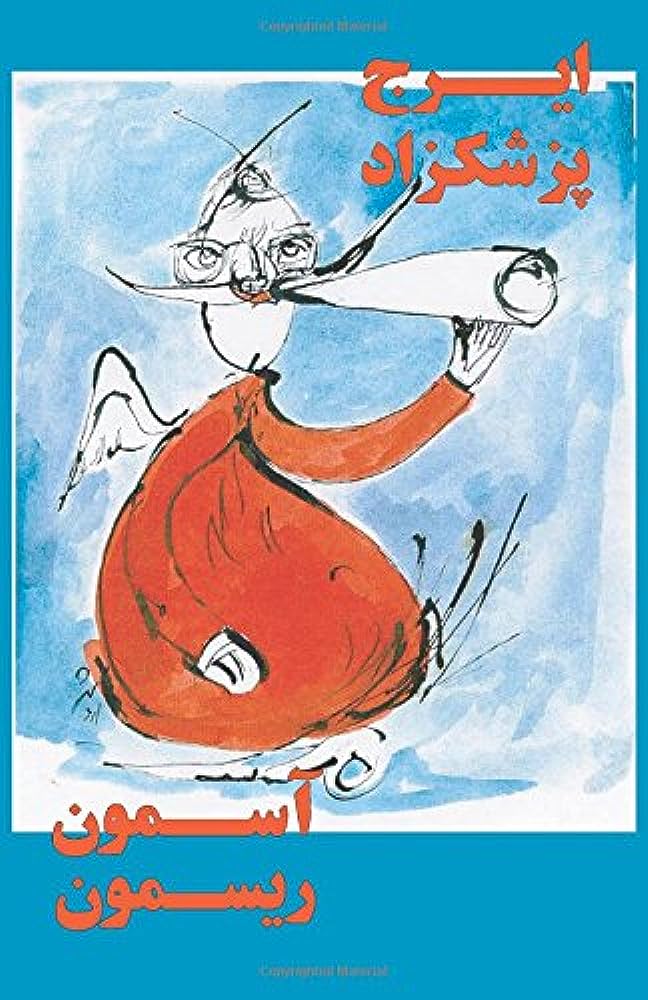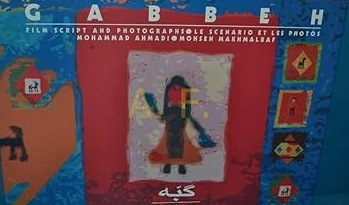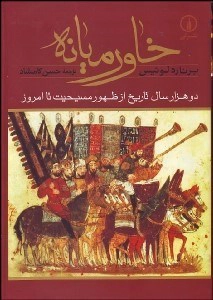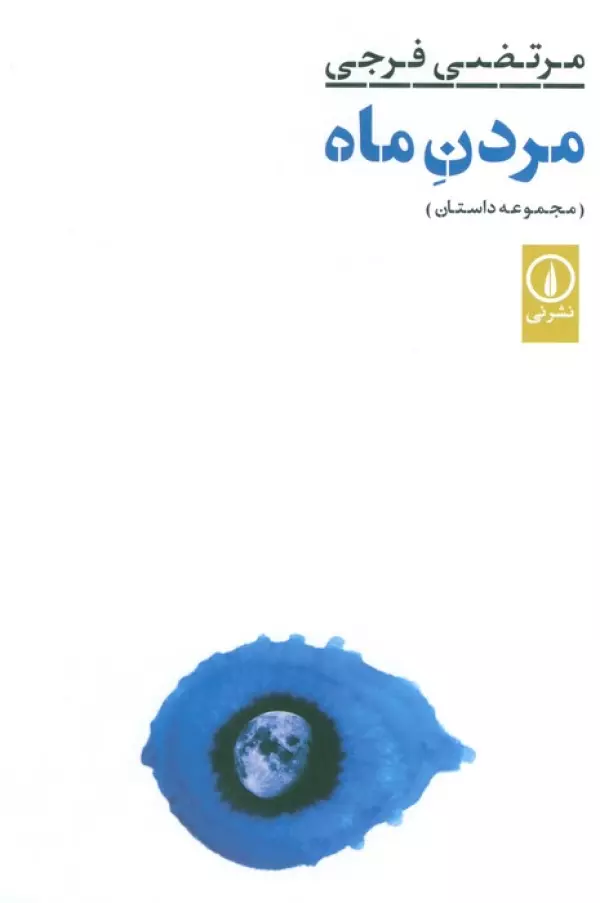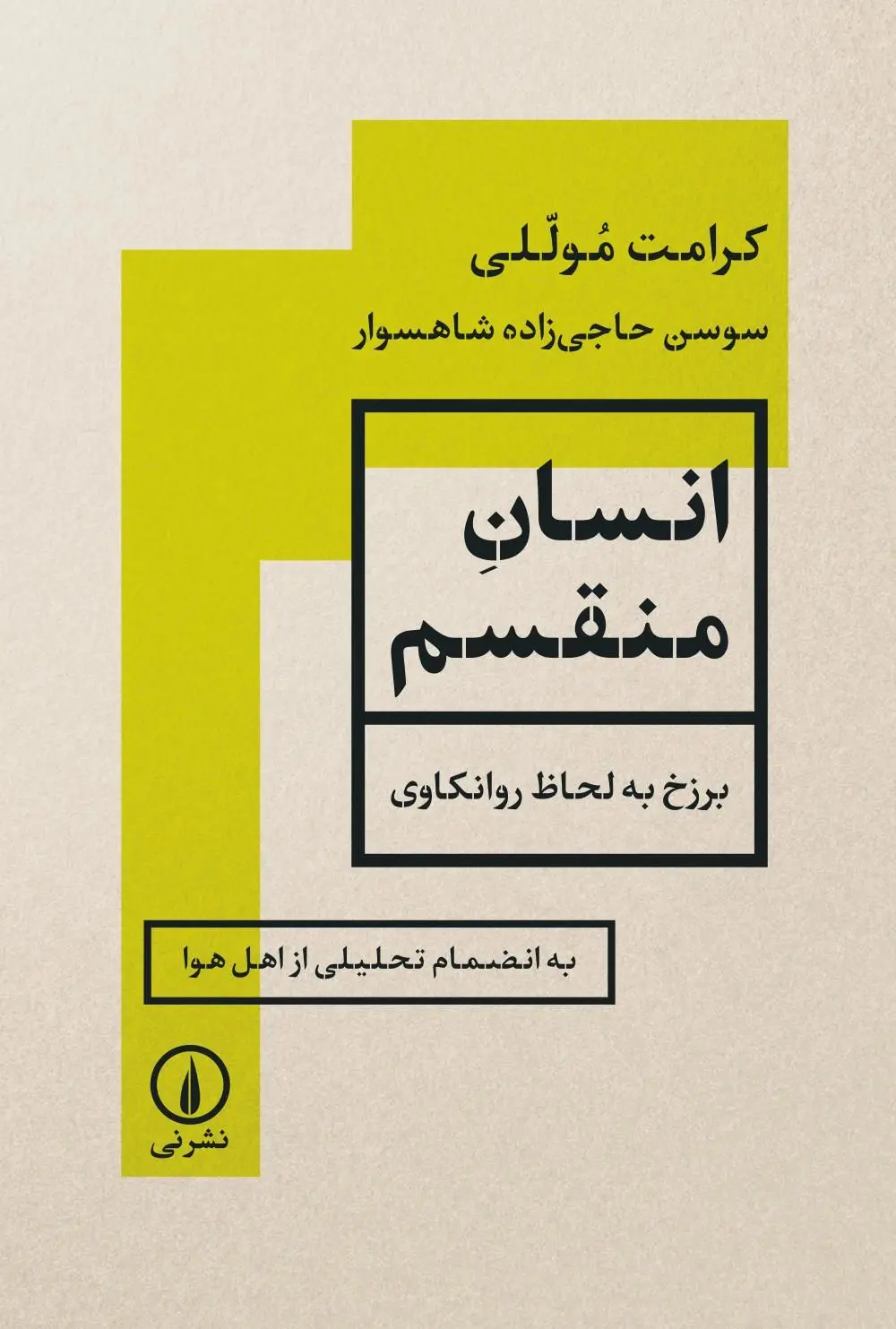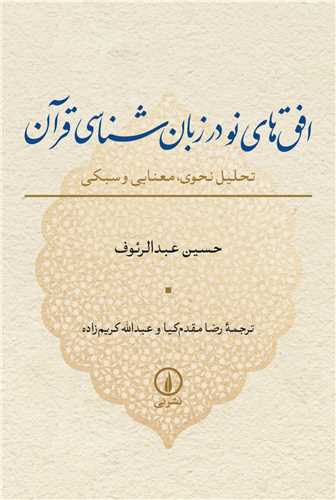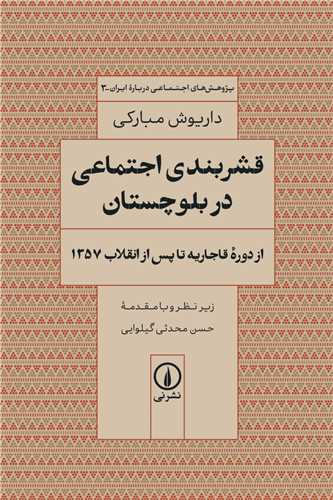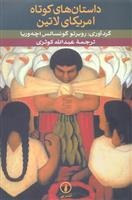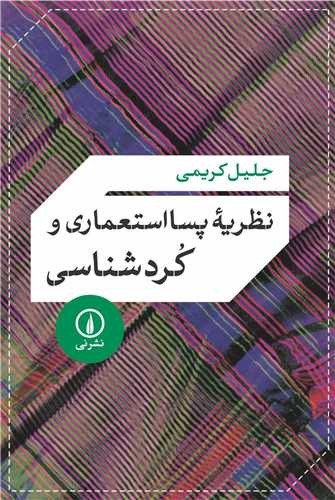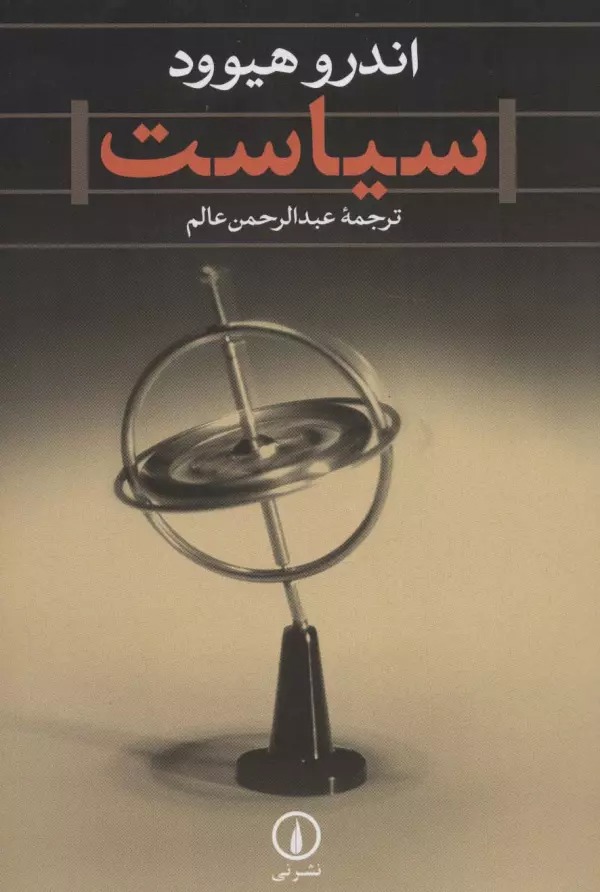Yikshanbah-yi Zindigī: Persian 2022
یکشنبه زندگی
16.26 $
Share
Wishlist
Original Title:
Le Dimanche De La Vie
ISBN:
9786220603948
Translator:
Mahsā Khayr'allāhī
Publisher:
Nashr-i niy
Age Group:
Adult
Pages:
228
Weight:
270 g
Dimensions:
14 x 21 x 2.1 cm
Book Cover:
Paperback
Having volunteered for five years, Valentin Brû was still only a second-class soldier at the end of this time. He then let himself be married by a haberdasher from Bordeaux, a middle-aged young lady. Around 1936, an inheritance brought them to Paris; Valentin sold photo frames, while his wife began to secretly exploit more or less authentic gifts of second sight under the name of Mme Saphir. But wasn't Valentin himself something of a prophet? He expected war the next day, and war ended up coming; it surprised him in bizarre circumstances and it was in no less singular circumstances that he found his wife again after the exodus. It was with regard to Dutch painting and its scenes of "naive gaiety and spontaneous joy" that Hegel spoke of the "Sunday of life", and he added: "Men endowed with such good humor cannot be fundamentally bad or vile."
more
گذر زمان نه زیباست و نه زشت، همیشه یکجور است. شاید برای چند ثانیه باران ببارد یا اسب رمکردهی خورشید ساعت چهار برای چند دقیقه خودش را مهار کند. گذشته شاید نظم زیبایی را که ساعتها به زمان حال میدهند همیشه حفظ نکند و آینده شاید با عجله بیاید، لحظات با عجله سر میرسند که کاری انجام دهند و هر کدام به تکههایی تقسیم میشوند. در حرکات غیرارادی چیزی که قرار است اتفاق بیفتد و چیزی که اتفاق افتاده، شاید شیفتگی یا ترس یا بخشش یا حقارت باشد. ولی والانتَن هیچگاه از این فرضیات لذت نمیبُرد.
more

